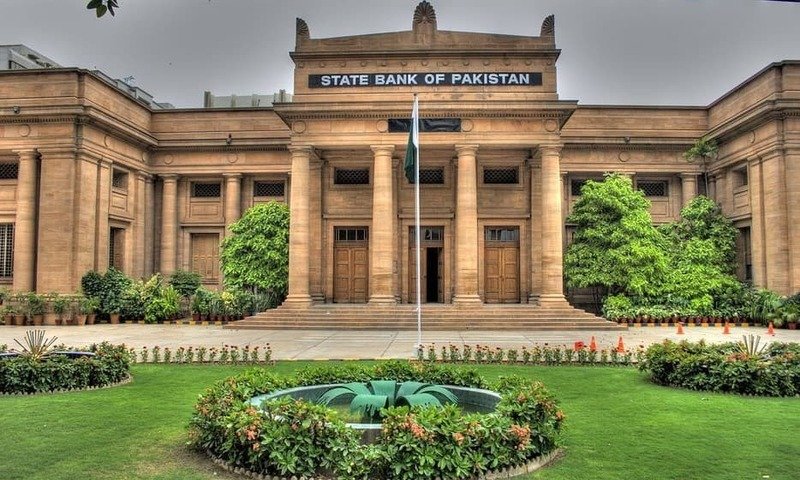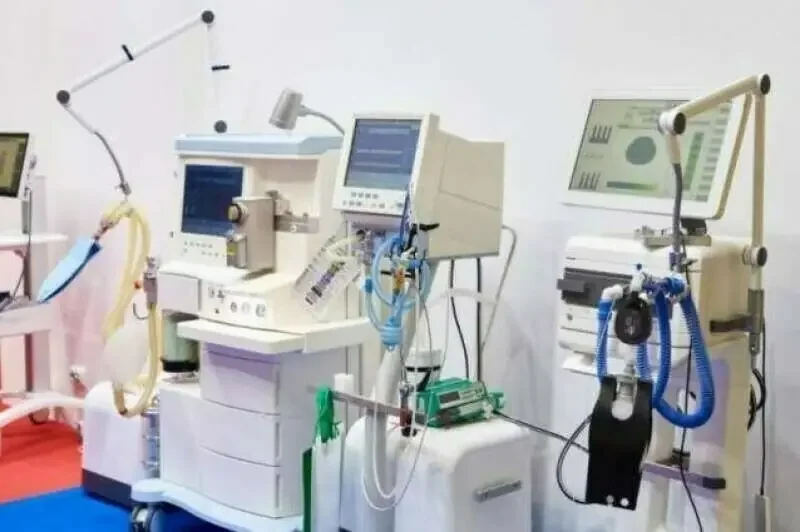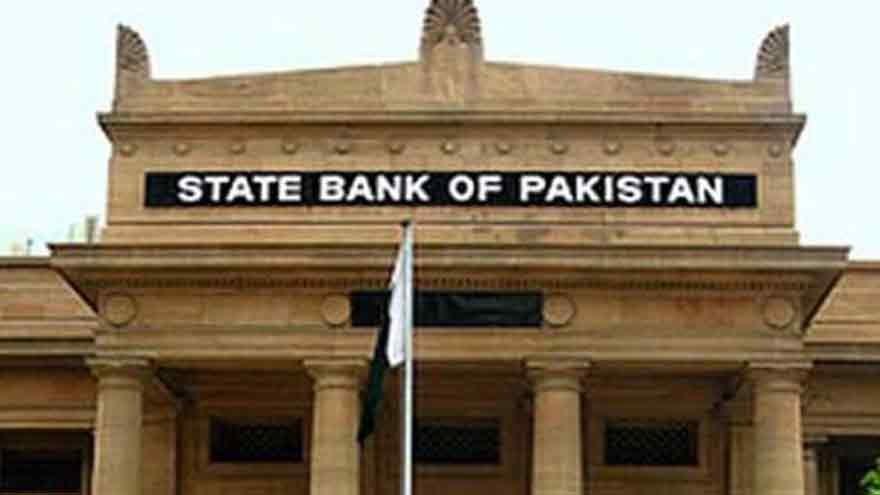Gilgit-Baltistan (GB) is rapidly emerging as a promising hub for Pakistan’s technology sector, generating an estimated $15 million to $18 million in annual IT revenues, according to a recent study by the Pakistan Software Houses Association (PASHA). The Gilgit-Baltistan IT & IT-Enabled Sector Diagnostic Report highlights that around 120 active IT companies in the region contribute roughly $3.5 million, while 3,000 to 4,000 freelancers generate between $10 million and $15 million annually. Despite these figures, revenue levels remain modest due to limited market access, small project sizes, and the early stage of business development. Most firms employ fewer than 50 people, while a significant portion of the workforce consists of freelancers and gig professionals, keeping the ecosystem active but not yet comparable to larger Pakistani cities. The IT industry in GB primarily offers software development, web design, and basic IT solutions, often serving clients outside the region because the local market is small and largely driven by agriculture, tourism, and public-sector jobs. About 68% of GB’s IT companies are based in Gilgit district, the main tech hub, while the remaining firms operate in Skardu, Hunza, and other districts where tech communities are gradually growing. Overall, the region has roughly 6,000–7,000 tech professionals, including both freelancers and employees of active companies. Approximately 300 companies are registered with the Securities and Exchange Commission of Pakistan (SECP), but only 100–120 are operational. The sector faces significant challenges. Unreliable electricity and limited high-speed internet remain critical barriers, with 88% of companies reporting disruptions due to power outages and unstable broadband affecting daily operations. Funding is another major hurdle, as local venture capital is nearly nonexistent, forcing firms to rely on personal savings or small grants, while traditional bank financing is difficult to obtain. Although government support is gradually increasing, it is still at an early stage, with recent public development budgets beginning to allocate funds for IT initiatives. Market access is also limited. PASHA’s survey revealed that 40% of firms cite restricted marketing and promotional reach as the main obstacle, 23% report insufficient networking opportunities, and 15–20% face challenges including high operational costs, shortage of market intelligence, and limited talent. Regulatory and logistical barriers further slow growth, emphasizing the need for targeted support such as marketing assistance, trade fair participation, and business accelerator programs. The report identifies significant opportunities to accelerate growth, strengthen tech clusters, and develop larger IT enterprises in GB. Local companies stress the importance of integration with national and international markets, including subsidized access to global tech expos, participation in trade delegations, and inclusion in Pakistan’s IT export promotion efforts. One notable proposal is the creation of an IT Special Economic Zone (SEZ) in GB, which could attract major investment and foster sector development. PASHA Senior Vice Chairman Muhammad Umair Nizam projected that GB’s annual IT revenues could rise from $15 million to $30 million within the next two years, given its growth potential. The Ministry of IT and Telecommunication, in collaboration with the Special Investment Facilitation Council (SIFC) and PASHA, is working to integrate GB’s IT sector into the national ecosystem, focusing on improving electricity and internet connectivity. PASHA recently held its first CXO Meetup in GB, in partnership with the Gilgit Baltistan Software Houses Association (GBSHA), bringing together policymakers, innovators, and tech professionals to discuss collaboration and regional inclusion. Plans are also underway to open a new PASHA office in GB, which could mark a major milestone for the local tech industry. GB-based startups and companies will be showcased at the upcoming ITCN Asia in Lahore, where a dedicated “Made in GB” pavilion will highlight the region’s IT talent and innovations. With government support, increasing infrastructure investments, and growing participation in national and international markets, Gilgit-Baltistan is poised to become a significant contributor to Pakistan’s IT sector in the coming years.








































